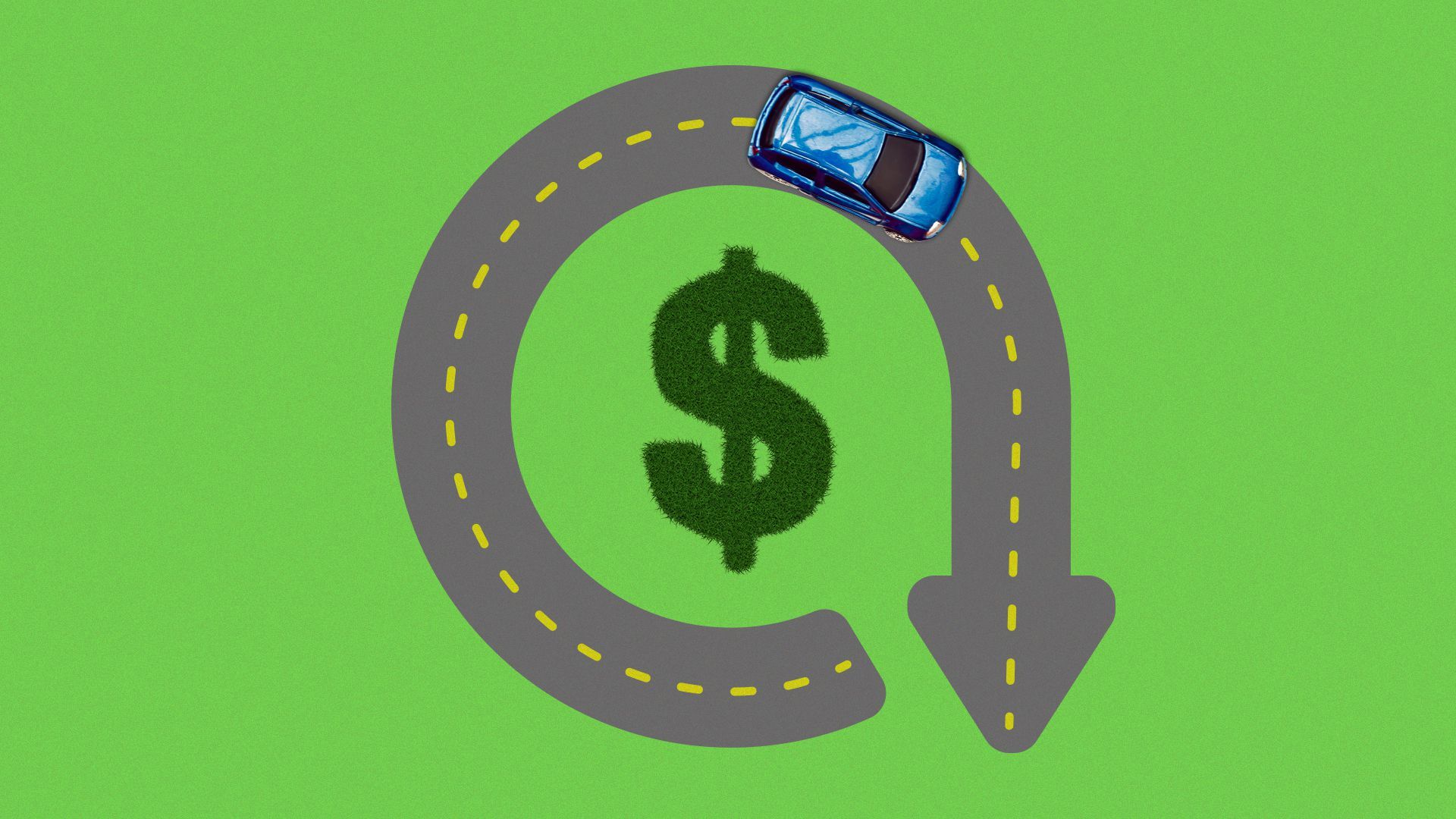 Data: IHS Markit, Tesla; Photos: Toyota, Ford, Tesla; Chart: Andrew Witherspoon/Axios Axios' Joann Muller reports...Elon Musk says the plug-in Tesla Model Y will be the world's best-selling vehicle by next year — or sometime soon. The big picture: For that to happen, the electric SUV would need to outsell some of the most iconic vehicles in the world: the Toyota Corolla, which sold 1.12 million units worldwide in 2020, as well as the Toyota RAV4 and Ford F-Series pickup truck, which were close behind. My thought bubble: It's a bold prediction, and Musk is known for making a lot of bold predictions that don't come to pass. Still, there's no denying Tesla has momentum and is struggling to keep up with demand. - Model Y is brand new, and production is still ramping up at factories in California and China.
- Two additional plants in Europe and Texas are under construction.
What Elon's saying: "When it comes to Model Y, we think Model Y will be the best-selling car or vehicle of any kind in the world, and probably, next year. So I am not 100% certain next year, but I think it's quite likely." - Musk's confidence follows his claim that its sister Model 3 sedan now outsells the long-reigning BMW 3-series as the world's most popular luxury sedan — electric or gasoline.
Yes, but: Tesla reports deliveries for Model 3 and Y together so it'll be hard to verify his claim. - Last year, Tesla sold 442,511 Model 3/Y units, so sales would need to more than double to even come close to being number one.
| 







No comments:
Post a Comment